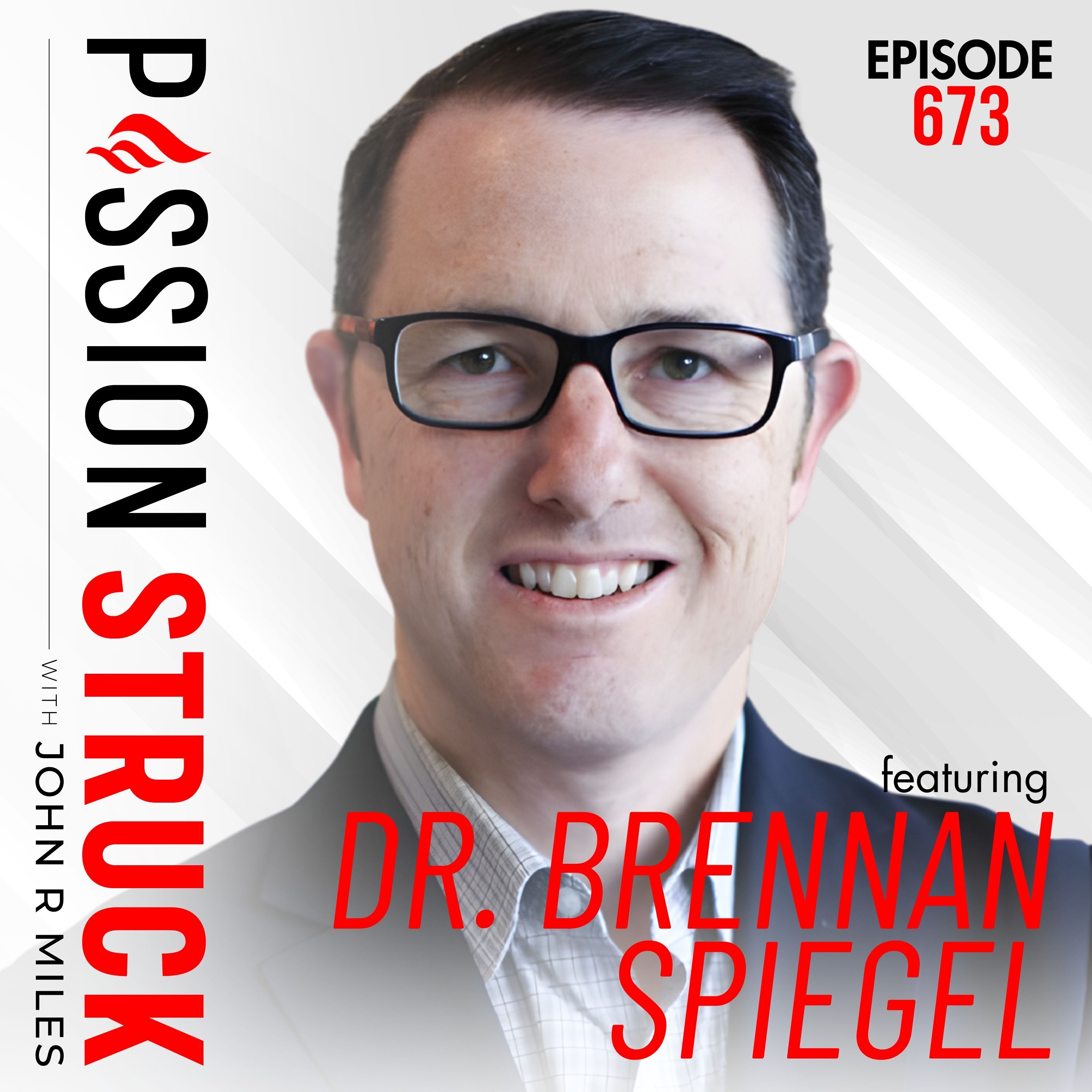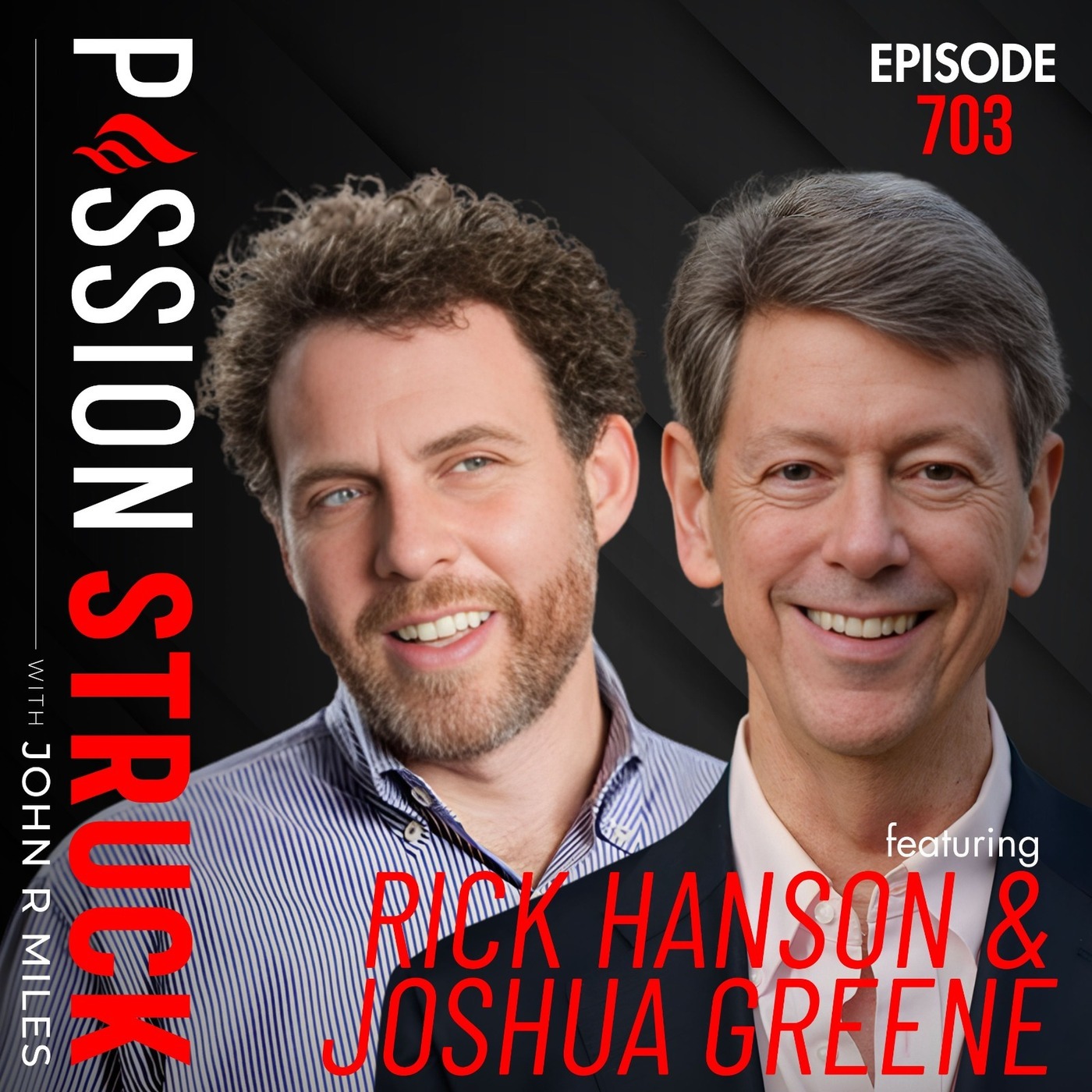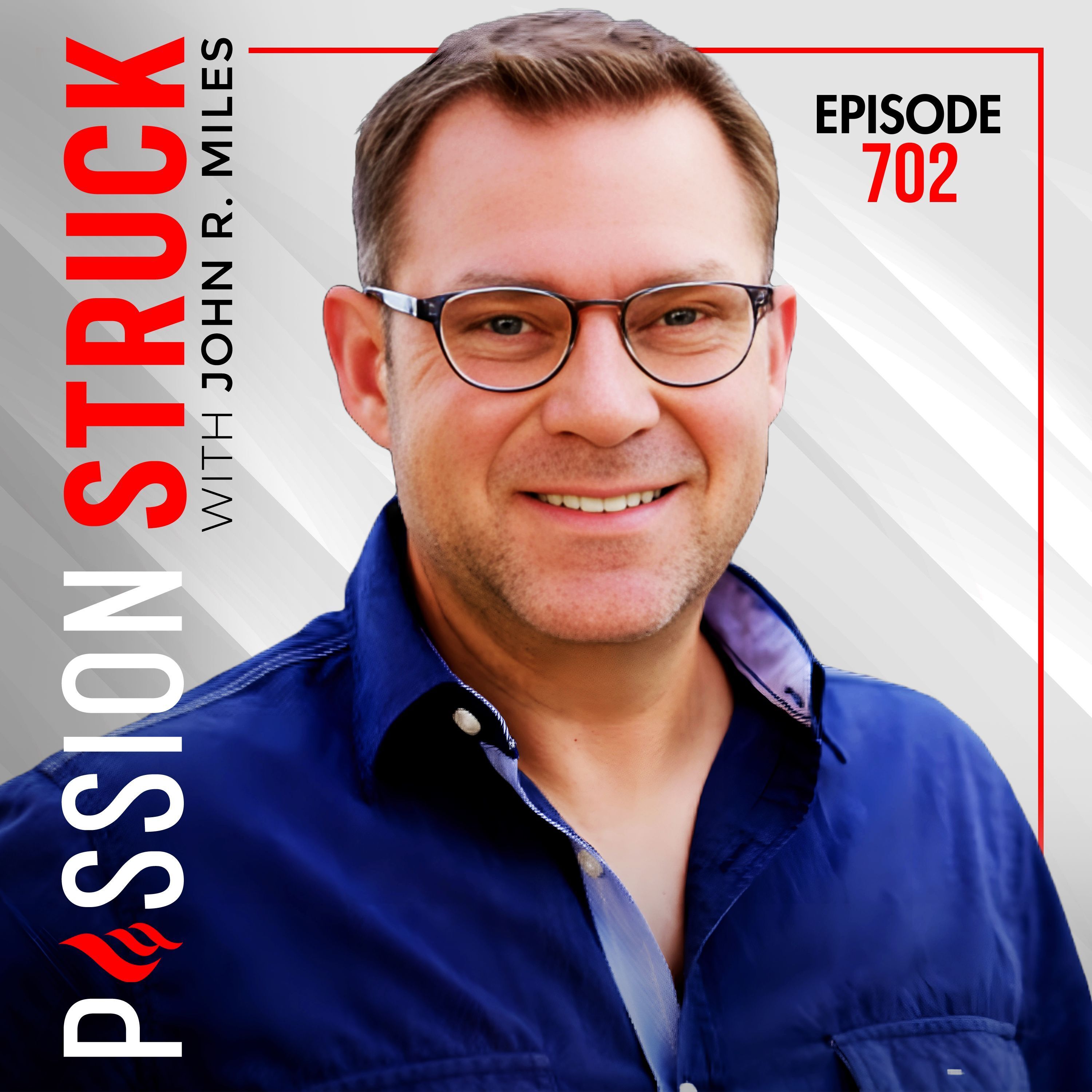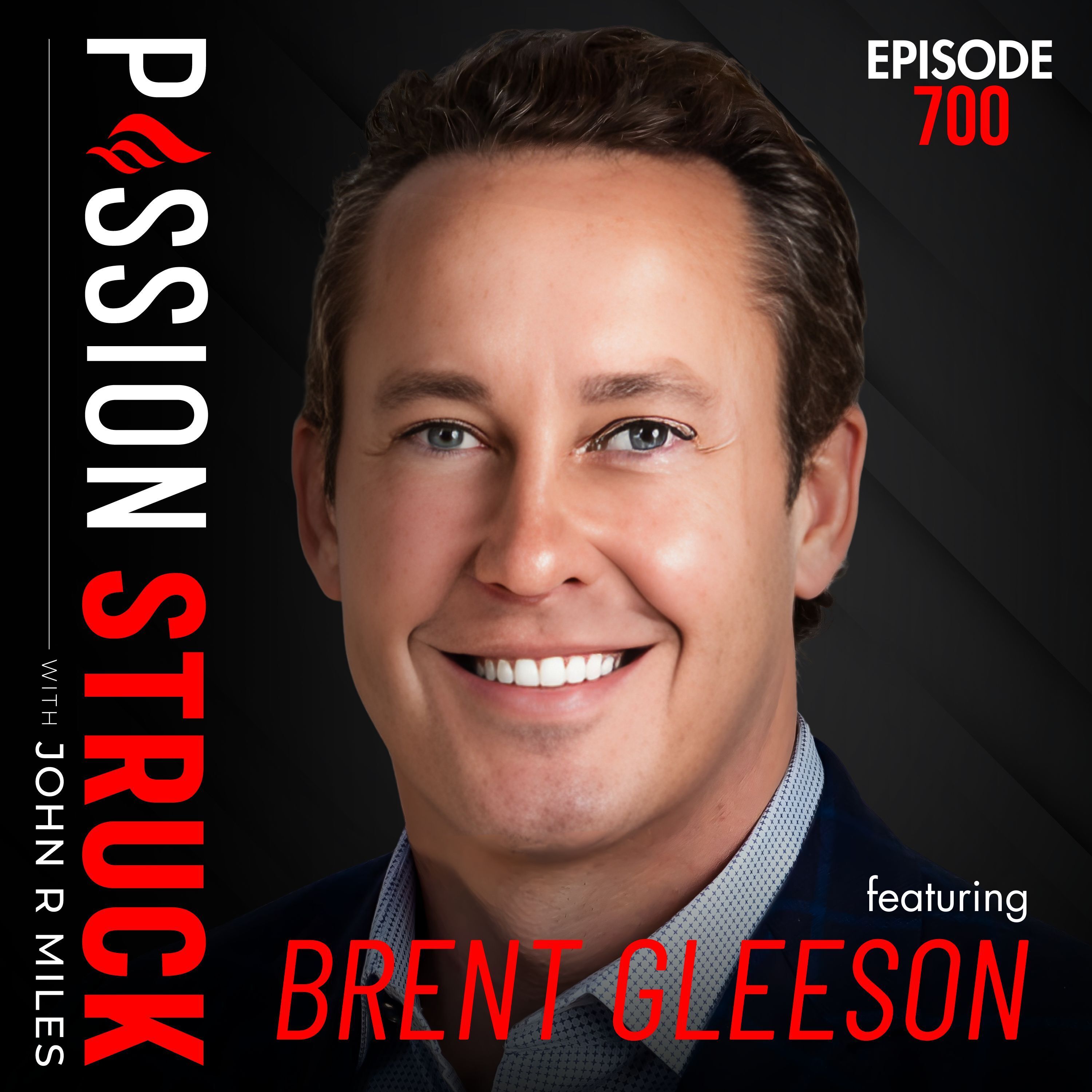Brennan Spiegel on Graviception: The Hidden Force Shaping Your Life | EP 673
Gravity is everywhere—yet we rarely think about its impact on our health. In this episode, Dr. Brennan Spiegel, UCLA Professor and author of the groundbreaking new book Pull: How Gravity Shapes Your Body, Steadies the Mind, and Guides Our Health, joins John R. Miles to reframe gravity not just as a force of physics, but as a hidden variable in human health and resilience.
They explore how posture, balance, grip strength, and heart rate variability reveal your “gravity relationship,” why serotonin is really a “gravity management substance,” and how gut health, mood, and even mental states like anxiety and depression are shaped by gravitational forces. Spiegel introduces concepts like “gravity intolerance,” “graviception,” and “gravi types,” showing how simple practices, from standing desks and rucking to inverted yoga, can help you find your personal Goldilocks zone for optimal health.
This conversation will change how you think about your body, your mind, and the invisible forces pulling on both.
Click here for the full shownotes!
Go Deeper: The Ignited Life Substack
If this episode stirred something in you, The Ignited Life is where the transformation continues. Each week, I share behind-the-scenes insights, science-backed tools, and personal reflections to help you turn intention into action.
Subscribe🔗 and get the companion resources delivered straight to your inbox.
If you liked the show, please leave us a review—it only takes a moment and helps us reach more people! Don’t forget to include your Twitter or Instagram handle so we can thank you personally.
Get the full companion workbook at TheIgnitedLife.net
Full episode on YouTube: https://www.youtube.com/@JohnRMiles
Listen on Apple Podcasts, Spotify, or wherever you get your podcasts
Everyone deserves to feel valued and important. Show it by wearing it: https://startmattering.com/
See Privacy Policy at https://art19.com/privacy and California Privacy Notice at https://art19.com/privacy#do-not-sell-my-info.
Press play and read along
Transcript
Transcript is processing—check back soon.





